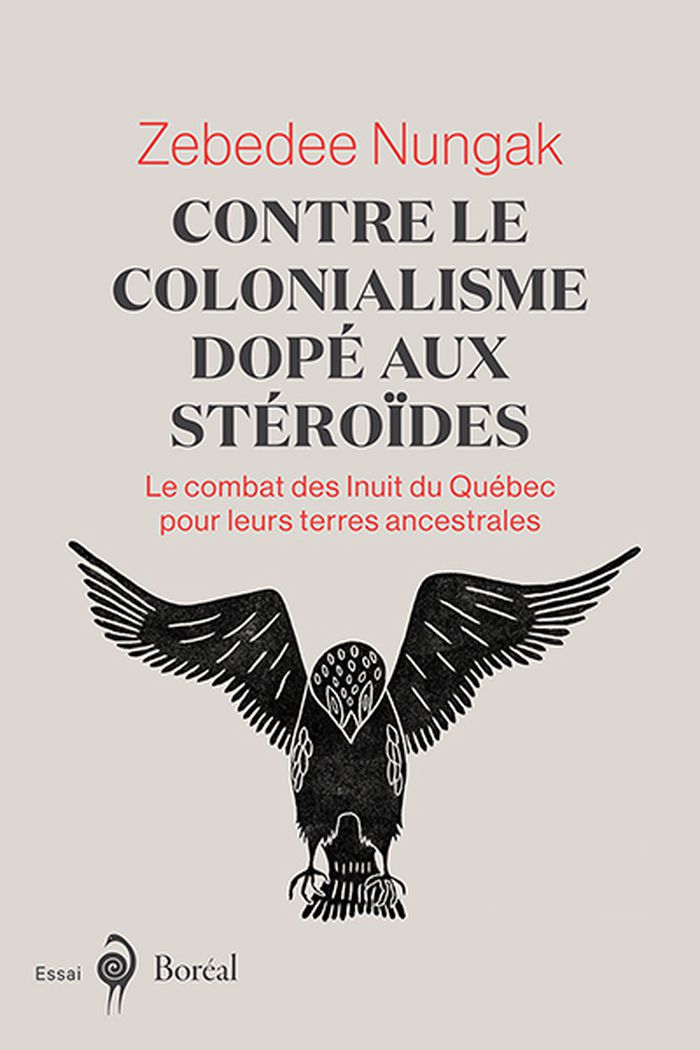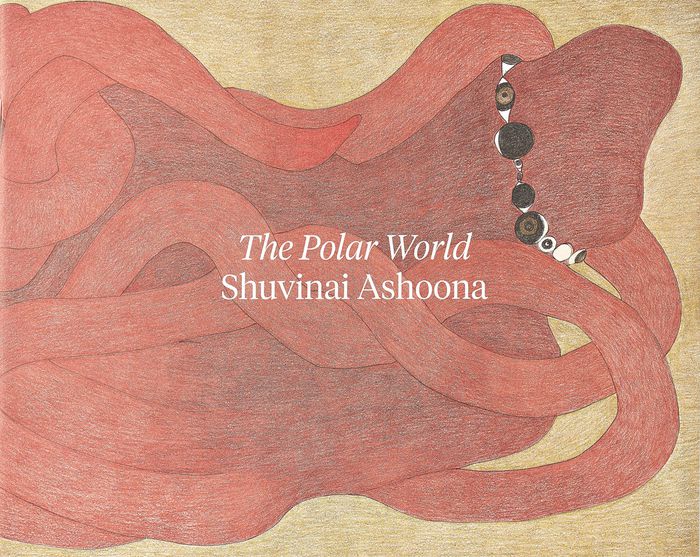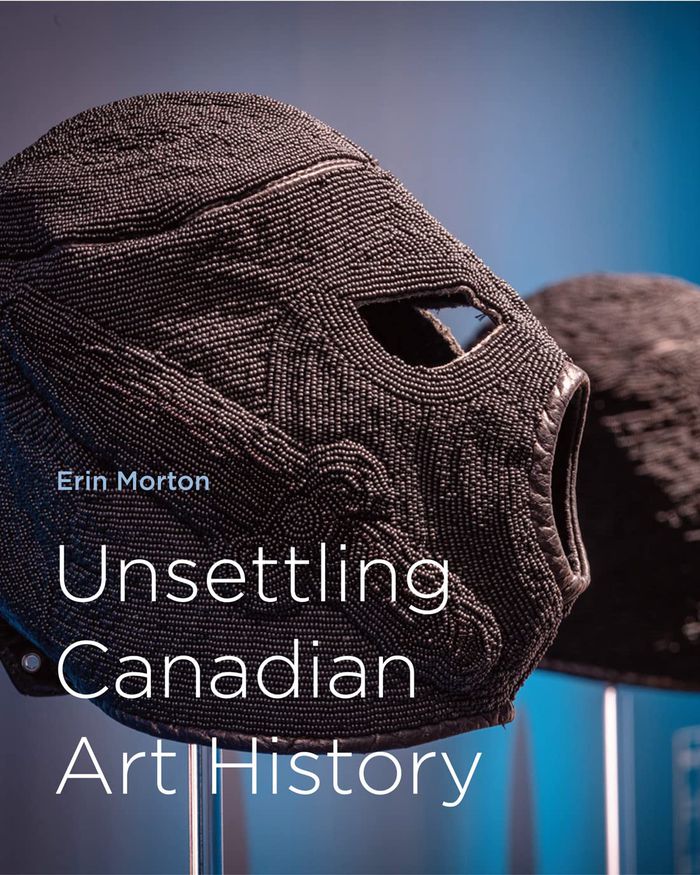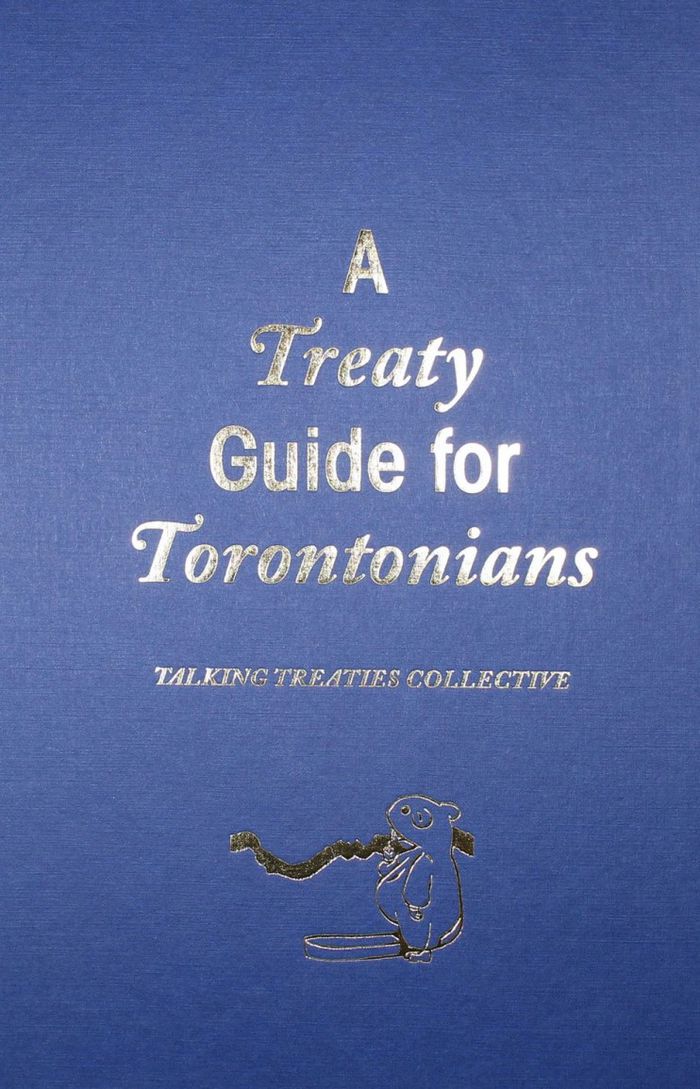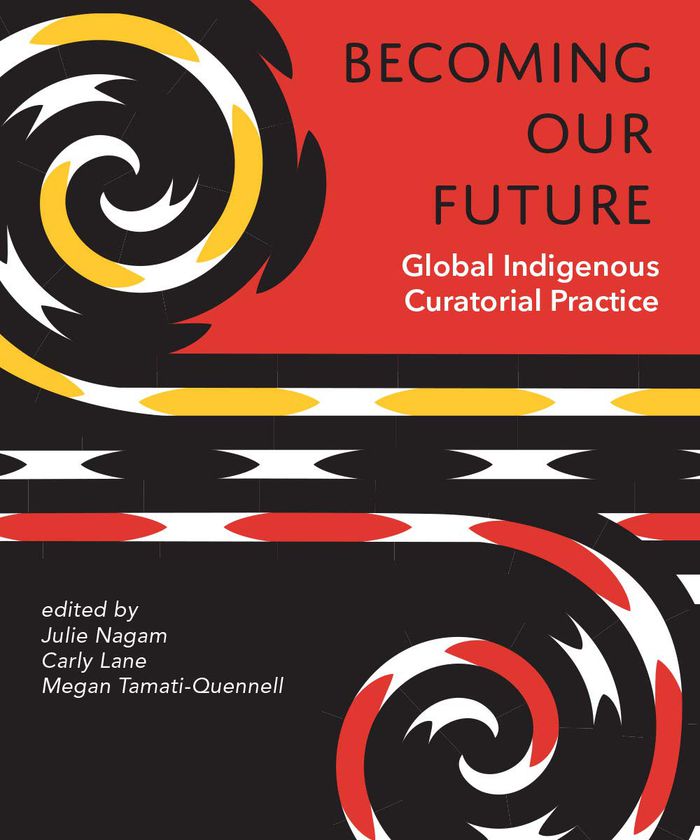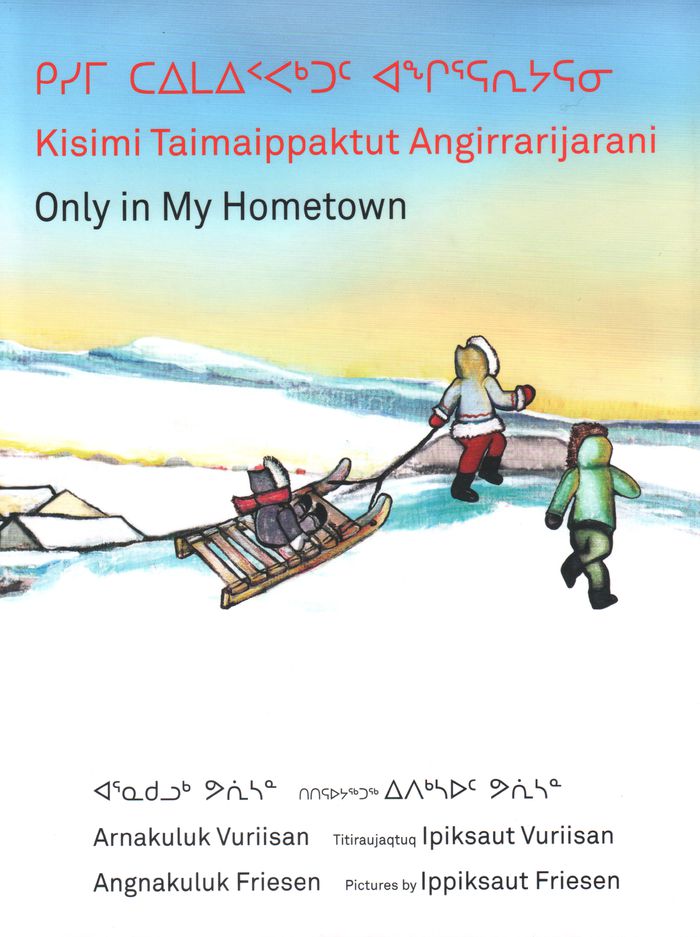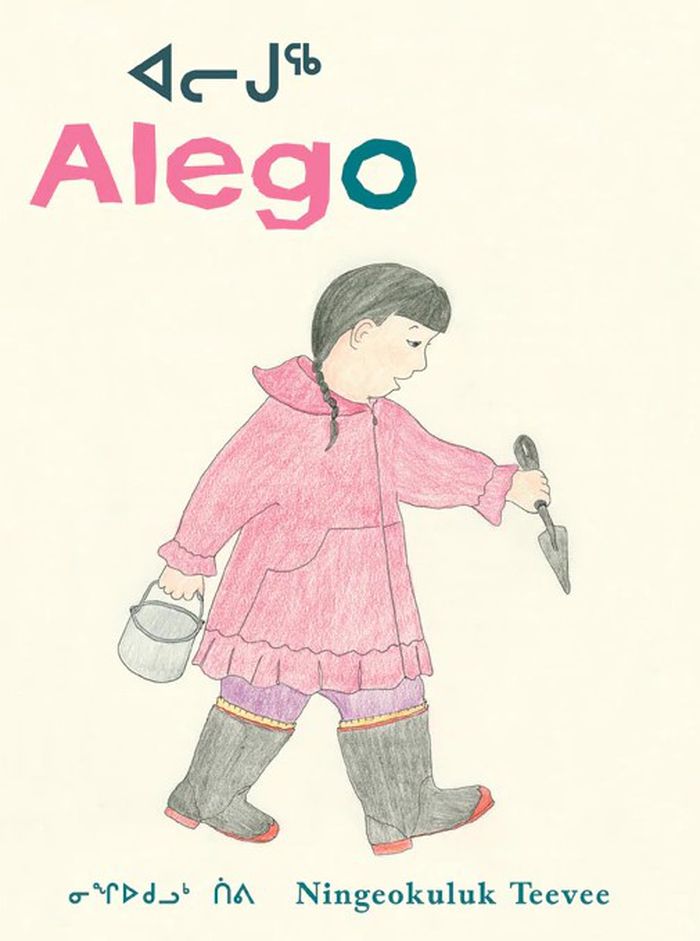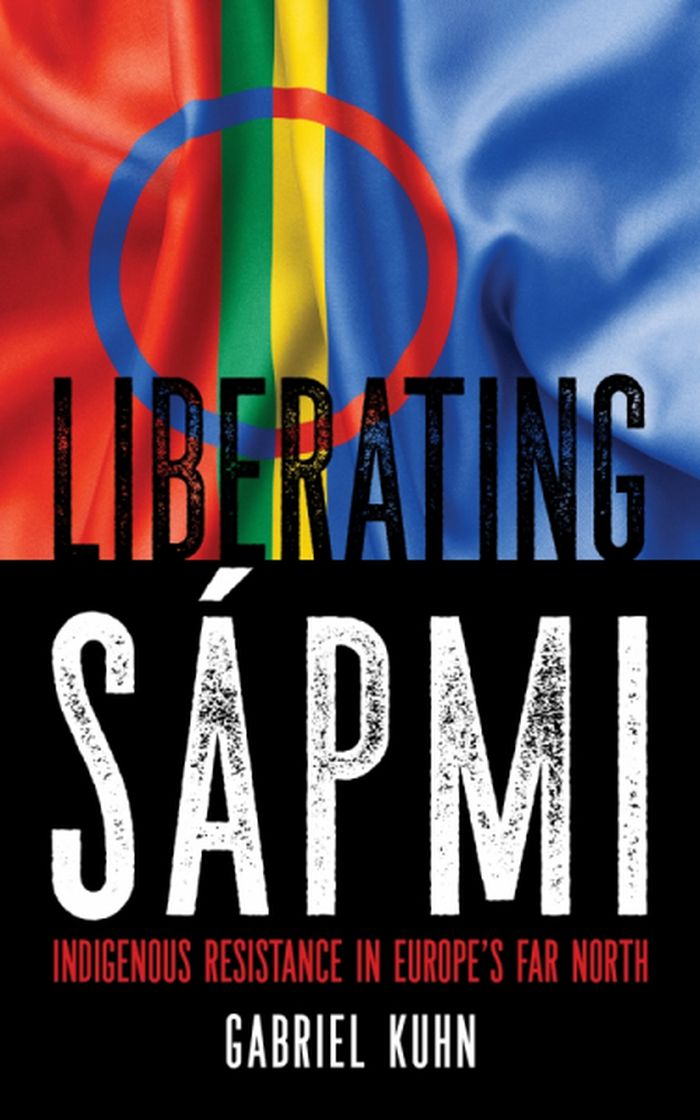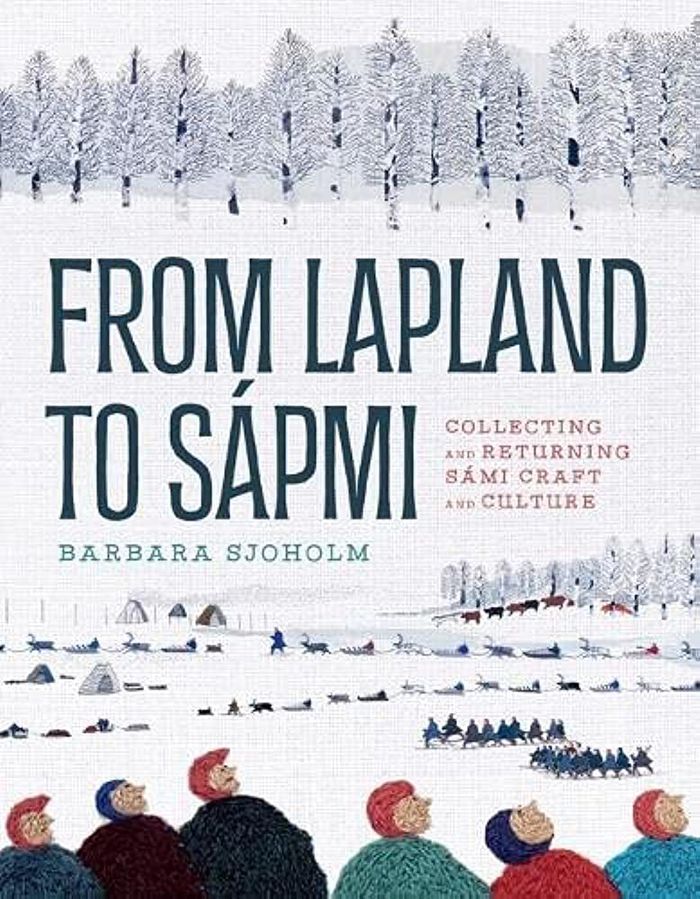Contre le colonialisme dopé aux stéroïdes : le combat des Inuit du Québec pour leurs terres ance
$18.95
(disponible en magasin)
Résumé:
Pour les Québécois, le projet hydroélectrique de la Baie-James, lancé en 1971, a marqué le point culminant de la Révolution tranquille. C’était la prise de possession, physique et symbolique, de l’ensemble du territoire sur lequel le peuple du Québec était destiné à connaître enfin son plein épanouissement. Et si ce grand projet avait un côté sombre ? Et si, en affirmant(...)
Contre le colonialisme dopé aux stéroïdes : le combat des Inuit du Québec pour leurs terres ance
Actions:
Prix:
$18.95
(disponible en magasin)
Résumé:
Pour les Québécois, le projet hydroélectrique de la Baie-James, lancé en 1971, a marqué le point culminant de la Révolution tranquille. C’était la prise de possession, physique et symbolique, de l’ensemble du territoire sur lequel le peuple du Québec était destiné à connaître enfin son plein épanouissement. Et si ce grand projet avait un côté sombre ? Et si, en affirmant notre langue, notre culture et notre emprise sur le territoire, nous avions été sourds et aveugles à l’attachement d’un autre peuple à sa langue, à sa culture et au territoire que ses ancêtres occupaient depuis des millénaires ? Choquant, dérangeant, exprimant des vérités sur lesquelles on préférerait parfois fermer les yeux, ce livre est un document essentiel pour comprendre le point de vue des Inuit dans le bras de fer qui les a opposés à Québec. C’est une occasion unique d’entendre une voix qui a eu bien peu d’échos au Sud et, pour les Québécois, de faire un examen de conscience salutaire quant à la façon dont ils ont, par le passé, transigé avec les Premières Nations.
Autochtone
The polar world
$4.95
(disponible en magasin)
Résumé:
This publication combines fantasy and reality: giant squids, hybrids, and humanoid figures dance across Shuvinai Ashoona’s sensual vistas, lending a surreal quality to her work. Springing her imagination but rooted in the landscape of her Kinngait home, ''The polar world'' combines Ashoona’s drawings from her 2017 exhibition with a narrative by Andrew Hunter.
janvier 2017
The polar world
Actions:
Prix:
$4.95
(disponible en magasin)
Résumé:
This publication combines fantasy and reality: giant squids, hybrids, and humanoid figures dance across Shuvinai Ashoona’s sensual vistas, lending a surreal quality to her work. Springing her imagination but rooted in the landscape of her Kinngait home, ''The polar world'' combines Ashoona’s drawings from her 2017 exhibition with a narrative by Andrew Hunter.
$55.00
(disponible sur commande)
Résumé:
Bringing together fifteen scholars of art and culture, ''Unsettling Canadian art history'' addresses the visual and material culture of settler colonialism, enslavement, and racialized diasporas in the contested white settler state of Canada. This collection offers new avenues for scholarship on art, archives, and creative practice by rethinking histories of Canadian(...)
Unsettling Canadian Art History
Actions:
Prix:
$55.00
(disponible sur commande)
Résumé:
Bringing together fifteen scholars of art and culture, ''Unsettling Canadian art history'' addresses the visual and material culture of settler colonialism, enslavement, and racialized diasporas in the contested white settler state of Canada. This collection offers new avenues for scholarship on art, archives, and creative practice by rethinking histories of Canadian colonialisms from Black, Indigenous, racialized, feminist, queer, trans, and Two-Spirit perspectives. Writing across many positionalities, contributors offer chapters that disrupt colonial archives of art and culture, excavating and reconstructing radical Black, Indigenous, and racialized diasporic creation and experience. Exploring the racist frameworks that continue to erase histories of violence and resistance, this book imagines the expansive possibilities of a decolonial future. ''Unsettling Canadian art history'' affirms the importance of collaborative conversations and work in the effort to unsettle scholarship in Canadian art and culture.
$50.00
(disponible en magasin)
Résumé:
Part of Jumblies Theatre & Arts’s multi-year “Talking Treaties project”, this volume is an artful examination of the complex intercultural roots of treaty relationships in the place we now call Toronto. Scholarly and historical research is complemented by outdoor activities, theatrical pursuits and contemporary writing prompts that help readers explore the modern-day(...)
juin 2022
A treaty guide for Torontonians
Actions:
Prix:
$50.00
(disponible en magasin)
Résumé:
Part of Jumblies Theatre & Arts’s multi-year “Talking Treaties project”, this volume is an artful examination of the complex intercultural roots of treaty relationships in the place we now call Toronto. Scholarly and historical research is complemented by outdoor activities, theatrical pursuits and contemporary writing prompts that help readers explore the modern-day subjective and physical embodiment of treaty relations. This combination of art-based research and Toronto specific knowledge inspires an active approach to treaty awareness through embodied learning tools.
$22.00
(disponible sur commande)
Résumé:
This book explores the parallels between safeguarding the Arctic and the survival of Inuit culture, of which the author's own background is such an extraordinary example. This is a human story of resilience, commitment, and survival told from the unique vantage point of an Inuk woman who, in spite of many obstacles, rose from humble beginnings in the Arctic to become one(...)
The right to be cold: One woman's story of protecting her culture
Actions:
Prix:
$22.00
(disponible sur commande)
Résumé:
This book explores the parallels between safeguarding the Arctic and the survival of Inuit culture, of which the author's own background is such an extraordinary example. This is a human story of resilience, commitment, and survival told from the unique vantage point of an Inuk woman who, in spite of many obstacles, rose from humble beginnings in the Arctic to become one of the most influential and decorated environmental, cultural, and human rights advocates in the world.
Autochtone
$40.00
(disponible sur commande)
Résumé:
This volume explores how Indigenous visual art and culture operate within and from a structural framework that is unique within the cultural milieu. Through a selection of contributions by Indigenous curators, artists, and scholars brings together perspectives that define curatorial practices, and at the same time postulates Indigenous sovereignty and self-determination(...)
mai 2020
Becoming our future: Global indigenous curatorial practice
Actions:
Prix:
$40.00
(disponible sur commande)
Résumé:
This volume explores how Indigenous visual art and culture operate within and from a structural framework that is unique within the cultural milieu. Through a selection of contributions by Indigenous curators, artists, and scholars brings together perspectives that define curatorial practices, and at the same time postulates Indigenous sovereignty and self-determination within the three countries. These compelling essays begin to unearth the connections and historical moments that draw Indigenous curatorial practices together and the differences that set them apart.
$18.95
(disponible en magasin)
Résumé:
Sisters Angnakuluk Friesen and Ippiksaut Friesen collaborate on this story about what it’s like to grow up in an Inuit community in Nunavut. Every line about the hometown in this book will have readers thinking about what makes their own hometowns unique. With strong social studies curriculum connections, this book introduces young readers to life in the Canadian North,(...)
mai 2017
Kisimi Taimaippaktut Angirrarijarani / Only in My Hometown
Actions:
Prix:
$18.95
(disponible en magasin)
Résumé:
Sisters Angnakuluk Friesen and Ippiksaut Friesen collaborate on this story about what it’s like to grow up in an Inuit community in Nunavut. Every line about the hometown in this book will have readers thinking about what makes their own hometowns unique. With strong social studies curriculum connections, this book introduces young readers to life in the Canadian North, as well as the Inuit language and culture. Angnakuluk’s simple text, translated into Inuktitut and written out in syllabics and transliterated roman characters, is complemented by Ippiksaut’s warm paintings of their shared hometown.
Alego
$17.99
(disponible en magasin)
Résumé:
Written and illustrated by Ningeokuluk Teevee, one of the most interesting young artists in Cape Dorset, home to the great tradition of Inuit art, this is a beautifully simple story, written in Inuktitut and English, about a young Inuit girl who goes to the shore with her grandmother to collect clams for supper. Along the way she discovers tide pools brimming with life –(...)
Alego
Actions:
Prix:
$17.99
(disponible en magasin)
Résumé:
Written and illustrated by Ningeokuluk Teevee, one of the most interesting young artists in Cape Dorset, home to the great tradition of Inuit art, this is a beautifully simple story, written in Inuktitut and English, about a young Inuit girl who goes to the shore with her grandmother to collect clams for supper. Along the way she discovers tide pools brimming with life – a bright orange starfish, a creepy-crawly thing with many legs called an ugjunnaq, a hornshaped sea snail and a sculpin. This is an enchanting and utterly authentic introduction to the life of an Inuit child and her world.
$25.50
(disponible sur commande)
Résumé:
This book is a stunning journey through Sápmi and includes in-depth interviews with Sámi artists, activists, and scholars boldly standing up for the rights of their people. In this illustrated work, Gabriel Kuhn, author of over a dozen books and interpreter of global social justice movements, aims to raise awareness of the ongoing fight of the Sámi for justice and(...)
Liberating Sapmi: Indigenous resistance in Europe's Far North
Actions:
Prix:
$25.50
(disponible sur commande)
Résumé:
This book is a stunning journey through Sápmi and includes in-depth interviews with Sámi artists, activists, and scholars boldly standing up for the rights of their people. In this illustrated work, Gabriel Kuhn, author of over a dozen books and interpreter of global social justice movements, aims to raise awareness of the ongoing fight of the Sámi for justice and self-determination. The first accessible English-language introduction to the history of the Sámi people and the first account that focuses on their political resistance, this provocative work gives irrefutable evidence of the important role the Sámi play in the resistance of indigenous people against an economic and political system whose power to destroy all life on earth has reached a scale unprecedented in the history of humanity.
Autochtone
$48.99
(disponible sur commande)
Résumé:
Material objects—things made, used, and treasured—tell the story of a people and place. So it is for the Indigenous Sámi living in Norway, Sweden, Finland, and Russia, whose story unfolds across borders and centuries, in museums and private collections. The objects created by the Sámi for daily and ceremonial use were purchased and taken by Scandinavians and foreign(...)
From Lapland to Sápmi: Collecting and returning Sámi craft and culture
Actions:
Prix:
$48.99
(disponible sur commande)
Résumé:
Material objects—things made, used, and treasured—tell the story of a people and place. So it is for the Indigenous Sámi living in Norway, Sweden, Finland, and Russia, whose story unfolds across borders and centuries, in museums and private collections. The objects created by the Sámi for daily and ceremonial use were purchased and taken by Scandinavians and foreign travelers in Lapland from the seventeenth century to the present, and the collections described in ''From Lapland to Sápmi'' map a complex history that is gradually shifting to a renaissance of Sámi culture and craft, along with the return of many historical objects to Sápmi, the Sámi homeland.
Autochtone
